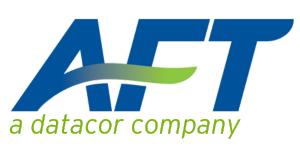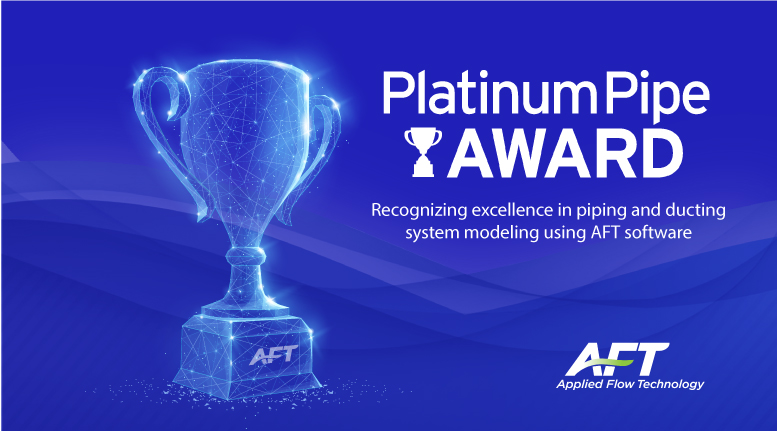AFT Blog
The Quest For Controlling Energy Costs
One of my favorite lines from the movie Apollo 13 was when an engineer exclaimed, “Power is everything!”. Nothing happens without power. Power, the rate at which energy is used, underlies everything in modern society.
Trends in energy economics are impacting industries and entire nations. Some recent articles about European chemical production and refining illustrate this.
EU chemical industry on the verge of collapse from Processing Magazine 2013
"The European chemical industry is in grave danger and a large part of it might close down within the next 10 years…
The biggest problem is that chemical manufacturing is heavily reliant on energy, and costs are up to three times higher in Europe than they are in the United States."
French refiners report $945 million losses in 2013 from Processing Magazine 2014
"Cheap U.S. natural gas and competition from Asia and the Middle East have dealt a heavy blow to the European refining sector, with French refineries alone losing about EUR700 million ($945 million) last year…
…U.S. products are much cheaper than those produced in Europe because of the low energy costs that U.S. refineries benefit from. Energy costs account for about 30 percent of the total operating costs in the United States, while for European refiners the cost of energy represents as much as 60% of operating costs."
Pumps, Fans and Compressors Use a Lot of Energy
Interestingly, a significant percentage of energy costs results from transporting fluids. Pump Life Cycle Costs: A Guide to LCC Analysis for Pumping Systems claims that as much as 20% of all electrical energy goes to power pumps to move liquids. Studies show a comparable amount of energy is used to move gases.
As a result, regulators from the U.S. Department of Energy (DOE) are looking at ways to improve the efficiency of pumps essentially by regulating low efficiency pumps out of the market and forcing manufacturers to upgrade their pump designs.
Pump Manufacturers Should Prepare for DOE Pump Efficiency Regulation Changes
“The U.S. pump manufacturing industry has enjoyed a long history unfettered by federal regulations. As the DOE develops new regulations for pump efficiency, that will change. Mandatory pump rules are expected to take effect in 2016 and will begin to be enforced in 2019.”
The challenge to engineers is that the value of improving pump efficiencies is mostly lost when pumps are not matched properly to the system – which seems to be the rule rather than the exception. Understanding pump and system interaction and the impact on energy usage and pump system efficiency (as opposed to mere pump efficiency) is the subject of a book of which I had the privilege of helping to author: Optimizing Pumping Systems. The book makes the case that considering the entire pumping system is the key to improved energy efficiency.
With the reality of energy costs looming large it would seem reasonable that energy costs would be a more central consideration in pumping system engineering. And yet, strangely, it usually is not. Minimizing initial cost still seems to be more important than minimizing energy costs over the system life cycle.
Of course one of the tools in the engineer’s toolbox to achieve improved pump system efficiency is modeling tools like those developed at Applied Flow Technology. AFT Fathom is one such tool. A project at the University of Arkansas by TME Energy Services shows the value of modeling in the quest for improved energy efficiency on a campus chill water system. Another such project by Saudi Aramco showed energy savings on a pipeline Optimization of Seawater Pumping System.
Better pumping system design that includes considerations of energy usage is one of the keys to the quest for controlling energy costs.



Comments